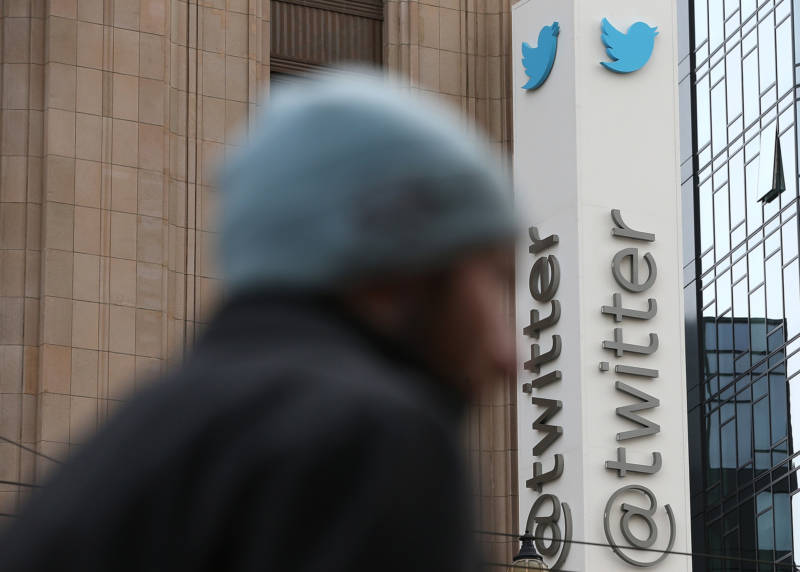Ted Egan, the city's chief economist, told supervisors that the city lost out on about $70 million in payroll taxes because of the credit, but that it's hard to tease out what amount of economic benefit in the area can be attributed to the credit since a lot of other factors — including improvements to the overall economy and increased housing costs — have changed since it went into effect in 2012.
"I would note that the area was not known as a location for large technology companies before, and now it is," Egan said. "And that includes businesses that have received the tax credit and businesses like Uber and Dolby that were not in buildings that received the tax credit."
But he added that the economic impacts of the community benefits that were supposed to go along with the tax credit were probably "relatively small."
This was the main point that supervisors returned to over and over again during the extended hearing: The tax break did not seemingly deliver on its promise to give back to the community in a meaningful way and to put a dent in the neighborhood's vacancy and homelessness problems.
They grilled representatives from several city departments, particularly the city administrator's office, which was responsible for overseeing the community benefits program, to provide evidence of tangible community benefits.
City administrator spokesman Bill Barnes provided several anecdotal examples of corporate philanthropy in the area, including Twitter's NeighborNest program, but supervisors wanted more specifics and a better plan moving forward on how to think about corporate responsibility that doesn't, in Haney's words, "rely on hope and prayers."
"If we continue to do it this way, we're going to keep getting what we get," said Haney. "A lot of feel-good stuff and a lot of impacts on the community that are often not positive."

